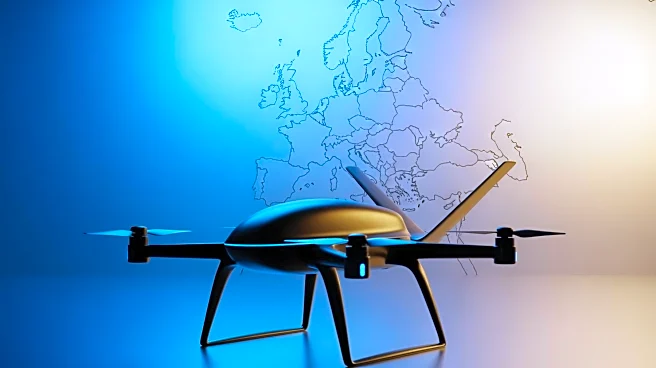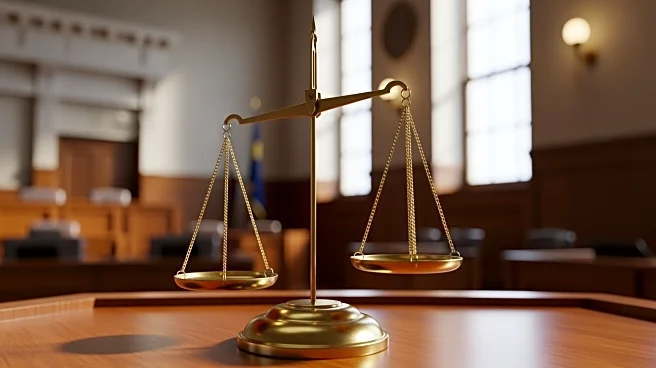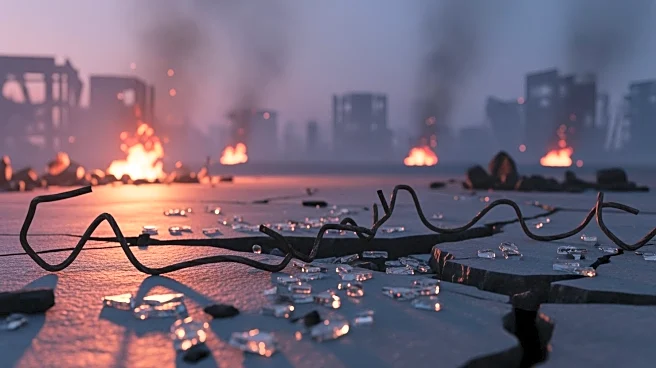Rapid Read • 7 min read
The ongoing conflict in Gaza, now nearly two years old, is at a critical juncture. Despite Israel's recent geopolitical victories, including actions against Iran and Hezbollah, the conflict persists under Prime Minister Benjamin Netanyahu's leadership. Netanyahu has faced criticism for prolonging the war and missing opportunities for peace, such as potential diplomatic overtures to Saudi Arabia. The conflict has seen significant violence, with accusations of genocide against Israel due to its military actions in Gaza. The situation remains complex, with both Israel and Hamas having vital interests that are difficult to reconcile.
AD
The continued conflict in Gaza has significant implications for regional stability and international relations. The humanitarian impact is severe, with reports of famine and civilian casualties. The conflict also affects Israel's diplomatic standing, as international pressure mounts for a resolution. The potential for a ceasefire or peace agreement remains uncertain, with both sides holding firm to their interests. The situation underscores the challenges of achieving peace in the region, with external pressures potentially playing a role in future developments.
The future of the Gaza conflict remains uncertain, with potential for continued violence or diplomatic efforts to achieve peace. International stakeholders, including the United States and Arab League, may exert pressure on both sides to reach a resolution. The role of external actors, such as Saudi Arabia and European countries, could be pivotal in shaping the outcome. The situation requires careful navigation of geopolitical dynamics and humanitarian concerns.
AD
More Stories You Might Enjoy










